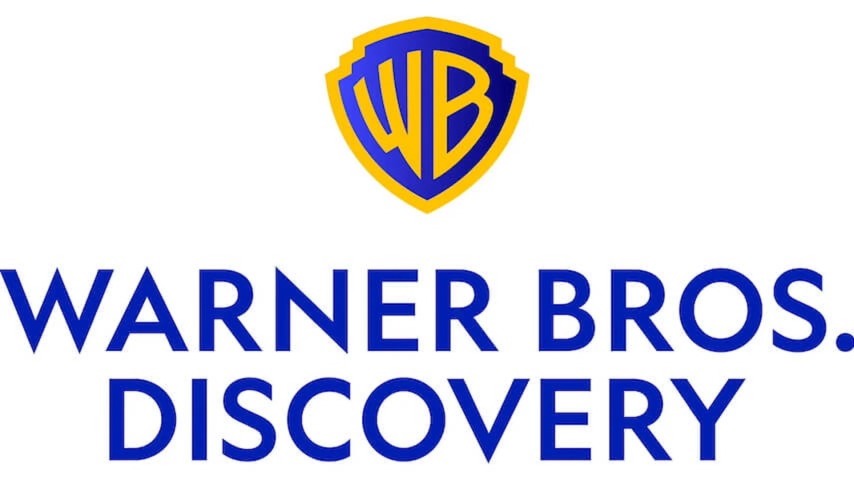In news that has led us to look at way more AI-generated pictures of Heath Ledger than we were expecting to this evening (i.e., one), Warner Bros. Discovery announced today that it’s joining its fellow major Hollywood studios in attempting to sue the shit out of AI image and video company Midjourney. Earning a little “Hey, welcome to the fight” message from Disney—which, along with Universal, has been suing “bottomless pit of plagiarism” Midjourney for a few months now—WBD is seeking massive damages against the generative AI service.
And we’ll say this for the lawsuit, publicly available here: It certainly makes a hell of a pitch for Midjourney’s ability to spit out images of Warner Bros. Discovery’s iconic characters. WBD’s lawyers absolutely filled their filing with pictures of DC Comics characters, Looney Tunes characters, Rick And Morty, and more; the whole crux of their case rests on arguing that the technology in question is a credible threat to Warner Bros. Discovery’s business model, granted, but some employee really filled up their “credible Tweety Bird copies” folder in the process.
As with the other Midjourney suits, Warner Bros.’ attack on the tech company—which offers its services at rates ranging from $10 to $120 a month, along with the persistent knowledge that you’re boiling a lake a day to generate the internet’s nine billionth Batman picture—rests on two angles, one of which might carry a bit more legal weight than the other. One is focused on output: I.e., that by generating images of copyrighted characters, and then tacitly profiting off of them—via internal and external advertising, and the “Midjourney TV” video service that scrapes the company’s own output for videos—Midjourney is infringing on existing copyrights. (For instance: WBD notes that it has a thriving business in poster sales and other officially licensed images, which Midjourney is directly competing with by letting users crap out as many copies of Rick Sanchez—who, somewhat hilariously, is legally defined here as “an animated eccentric mad scientist with spiky, baby-blue hair, and a unibrow of the same color”—as they’d like.) The issue here is that United States courts have yet to come down hard on the question of whether AI-generated material violates copyright, so it’s a bit of a roll of the legal dice.
WBD might get slightly more traction by focusing on the ways Midjourney’s AI is trained, which it intends to delve into deeply through discovery on the lawsuit. It’ll be helped along by a few public statements Midjourney’s execs made before they got slightly more lawyer savvy, apparently, including a 2022 quote from company founder David Holz that the team training the system “grabs everything they can, they dump it in a huge file, and they kind of set it on fire to train some huge thing.” At least one recent legal ruling has suggested that training on other people’s material might fall under fair use—but that things can get a lot more murky if the plaintiff can prove that copyrighted material was used (and duplicated) in order to feed into the machine.
The upshot of all this is that there are now three major Hollywood studios targeting this one firm in particular, making it increasingly likely that the Midjourney fight will end up setting some kind of precedent for how courts handle AI going forward. Per THR, Warner Bros. Discovery is seeking “Midjourney’s profits attributable to the alleged infringement or, alternatively, $150,000 per infringed work,” which could add up to a frankly astronomical sum.

 Keep scrolling for more great stories.
Keep scrolling for more great stories.
